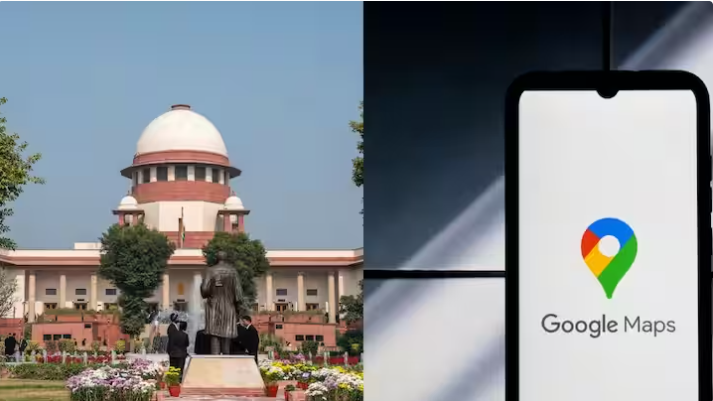
The Supreme Court, in the case of Frank Vitus v. Narcotics Control Bureau and Ors, noted on April 29 that requiring individuals to share their Google pin location as a bail condition clashes with the right to privacy guaranteed under Article 21 of the Indian Constitution.
Upholding Privacy Rights
Justices Abhay S Oka and Ujjal Bhuyan, presiding over the bench, emphasized that it cannot be a bail condition. They acknowledged that there have been instances where this Court has imposed it, but it cannot be mandated for bail.
Previously, the bench had instructed Google India to clarify the functioning of its pin location-sharing feature on Google Maps. This was done to assess whether mandating accused individuals to share their Google pin location would infringe upon their right to privacy.
Clarification on Google’s Involvement
The Court made it clear that it wasn’t bringing Google India into the case as a party, but rather requesting information from the company. Following this hearing with Google, the Court has withheld its decision regarding the use of Google pin location as a bail condition. The remaining issues will be addressed during the hearing scheduled for July 26. Senior Advocate Vinay Navare serves as the amicus curiae in this case. Advocate Varun Mishra represented the petitioner, while Additional Solicitor General Vikramjit Banerjee represented the Narcotics Control Bureau.
Background and Precedents
The case stemmed from an appeal against conditions set by the Delhi High Court in its interim bail order for Frank Vitus, a Nigerian national accused in a drug case. In 2022, the Delhi High Court mandated Vitus and a co-accused to mark their location on Google Maps as a prerequisite for bail, alongside obtaining assurance from the High Commission of Nigeria regarding their presence in India.
Previously, the Supreme Court had expressed reservations about similar conditions and granted interim bail to the accused. In a related instance, another Bench led by Justice Oka had objected strongly to a bail condition in a money-laundering case, where the accused were required to continuously share their location details via Google pins, citing concerns of potential surveillance.
The recent ruling by the Supreme Court underscores the judiciary’s commitment to upholding privacy rights, particularly in the context of technological advancements and their impact on legal proceedings.
Read More: Supreme Court, Delhi High Court, States High Court, Other Courts, International




